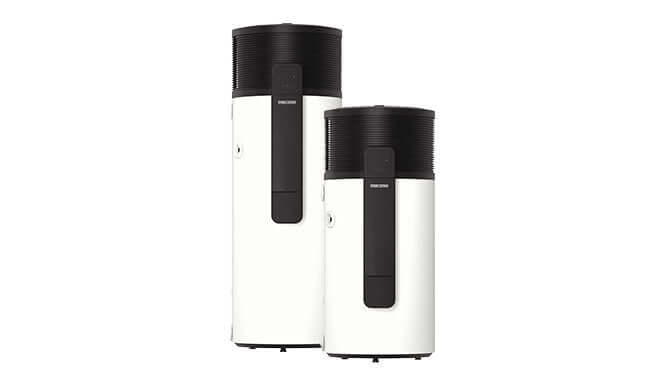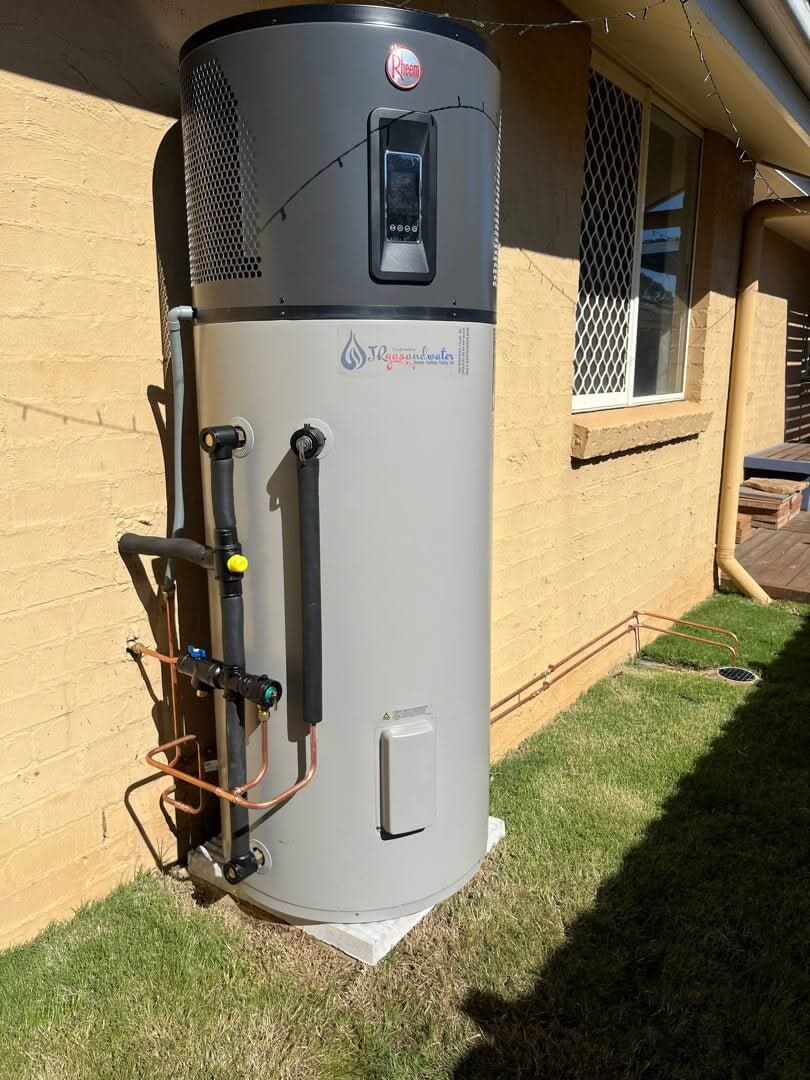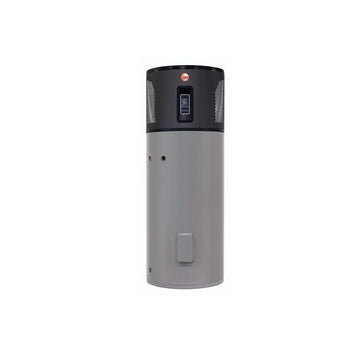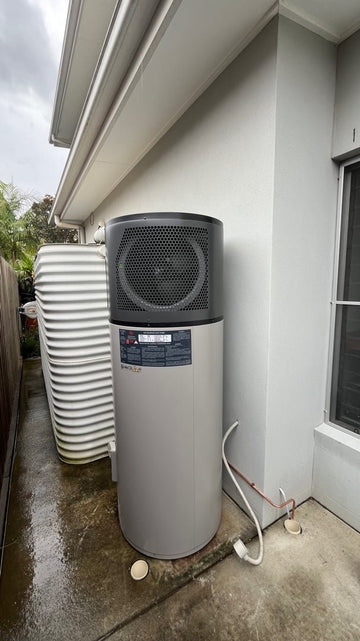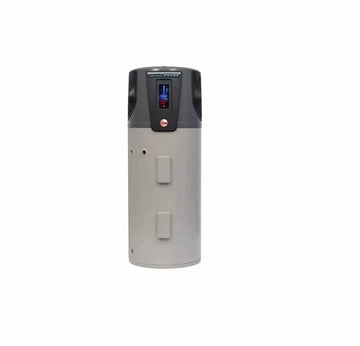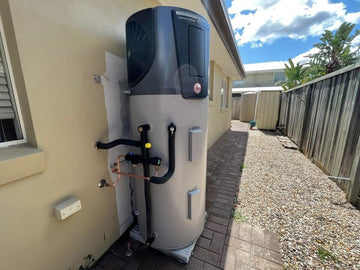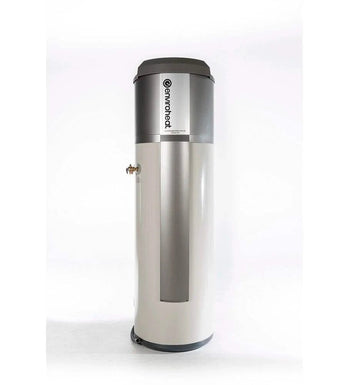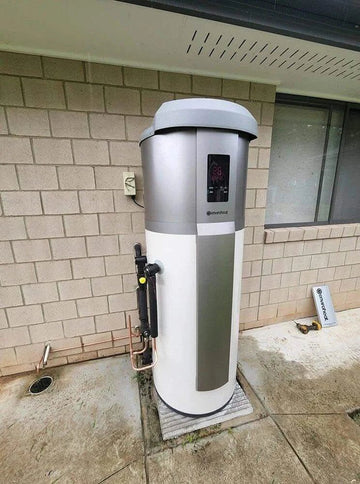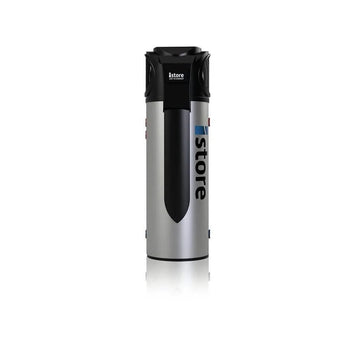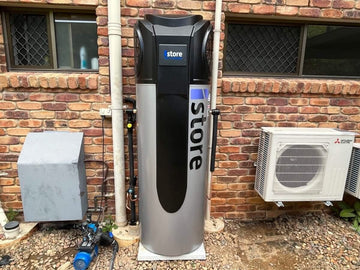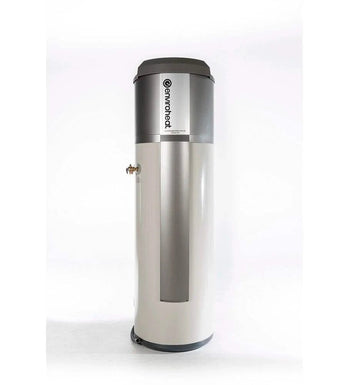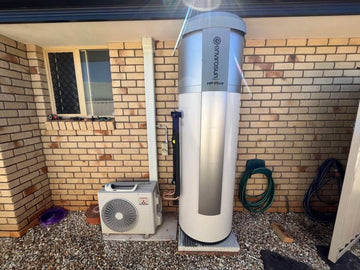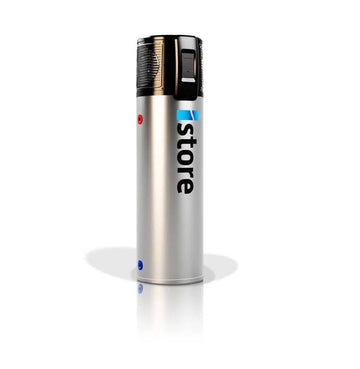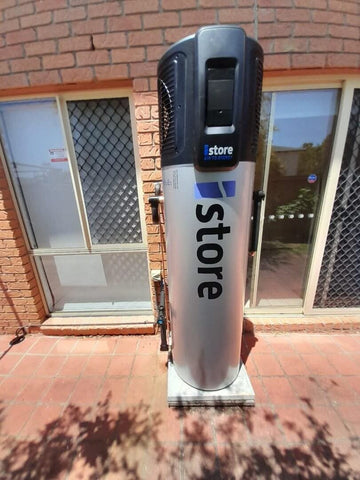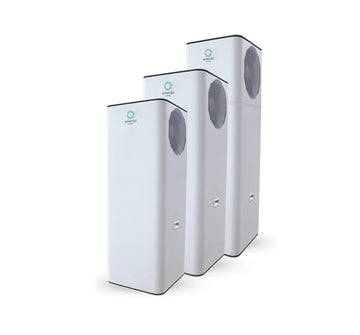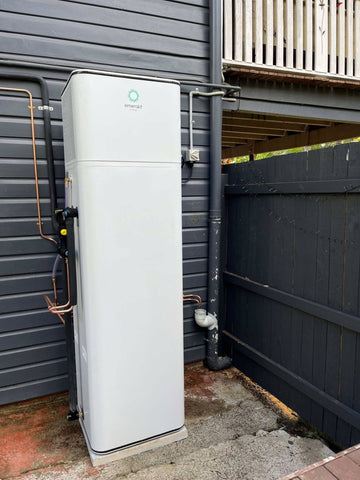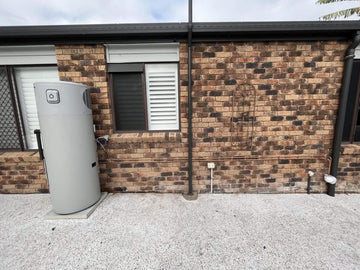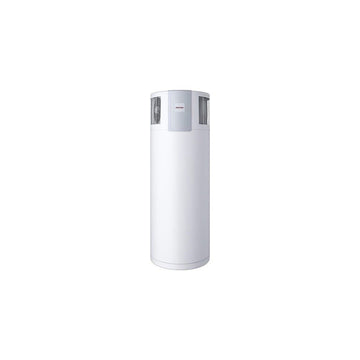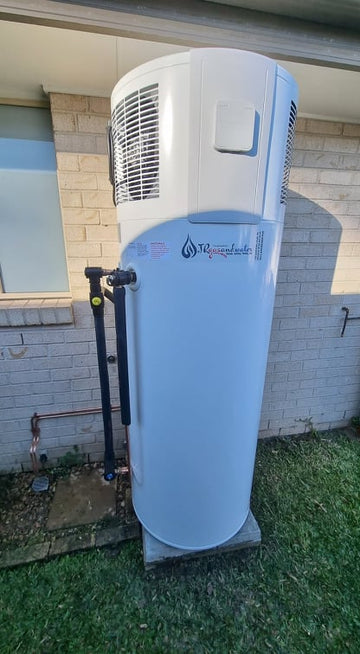Choosing the Right Hot Water System Base (2024 Guide)
When it comes to installing or upgrading a hot water system in Brisbane or the Gold Coast, choosing the right system base can make all the difference. From electric and gas to solar and continuous flow, each option comes with its own benefits, costs, and energy efficiency.
This guide from JR Gas & Water—voted Best Plumbers & Home Care Store in 2023, 2024 & 2025—breaks down everything you need to know.
🔑 Key Takeaways
✅ Four major types: electric, gas, solar, and continuous flow
✅ Consider energy usage, household size & running costs
✅ Higher upfront costs (solar) can lead to long-term savings
✅ Expert installation ensures safety, compliance & warranty coverage
🔧 Types of Hot Water System Bases
1. Electric Hot Water Systems
How It Works:
Heats water using an internal electric element, stores it in an insulated tank.
👍 Pros:
-
Lowest upfront cost
-
Easy to install
-
Lifespan: 10–15 years
👎 Cons:
-
Higher running costs
-
Less energy efficient
🏷 Price Range: $300–$1,500
👉 Best for small households using off-peak electricity plans.
2. Gas Hot Water Systems
How It Works:
Uses a gas burner to heat water quickly. Available in storage and continuous flow models.
👍 Pros:
-
Heats water faster
-
Lower running costs than electric
-
Great for large families
👎 Cons:
-
Needs gas connection
-
Requires outdoor installation or proper ventilation
🏷 Price Range: $900–$2,000
👉 Ideal for households with high water demand.
3. Solar Hot Water Systems
How It Works:
Uses solar collectors to heat water stored in a tank. Typically includes a gas or electric booster for cloudy days.
👍 Pros:
-
Huge long-term savings
-
Government rebates available
-
Environmentally friendly
👎 Cons:
-
High initial cost
-
Requires roof space & sunny climate
🏷 Price Range: $2,000–$7,000+
👉 Perfect for eco-conscious homeowners in sunny Queensland.
4. Continuous Flow (Tankless) Systems
How It Works:
Heats water instantly as it passes through the unit—no storage tank needed.
👍 Pros:
-
Never run out of hot water
-
Space-saving design
-
Lifespan: 15–20 years
👎 Cons:
-
More expensive than storage systems
-
May require flow upgrades for larger homes
🏷 Price Range: $600–$2,000+
👉 Best for busy homes with constant hot water use.
🏠 How to Choose the Right System
1. Match the System to Your Household Size
| Household Size | Suggested System |
|---|---|
| 1–2 People | Electric or Gas Storage (80–160L) |
| 3–5 People | Gas Storage or Continuous Flow (250–315L) |
| 5+ People | Continuous Flow or Solar (315L+) |
2. Compare Running Costs
| System Type | Average Annual Cost |
|---|---|
| Electric Storage | ~$1,442 |
| Gas Storage | ~$920 |
| Solar (Gas Boosted) | ~$502 |
💡 For maximum savings, consider a heat pump system, which uses up to 70% less energy.
3. Installation Considerations
-
Electric: Simple, quick install
-
Gas: Needs licensed gasfitter
-
Solar: Complex install + roof access
-
Continuous Flow: Compact but needs proper flow rates
✅ All installations with JR Gas & Water include:
-
QBCC Form 4 Compliance
-
Valve set upgrades
-
Safety certification
-
Old system removal
-
Local support across Brisbane and Gold Coast
📌 Book Your Hot Water Installation Now
🛠 Maintenance & Longevity
Maintenance Tips:
-
Flush tanks yearly to remove sediment
-
Replace anode rods every 3–5 years
-
Check for leaks & corrosion regularly
-
Service booster elements in solar systems
💡 Regular servicing extends lifespan and reduces repair costs.
🌏 Environmental Benefits
Choosing the right system doesn’t just help your wallet—it helps the planet.
| System Type | Environmental Impact |
|---|---|
| Solar | Reduce emissions by up to 90% |
| Heat Pump | Uses renewable heat from the air |
| Continuous Flow | No standby heat loss = reduced energy waste |
💬 Final Thoughts
Choosing the right hot water system base depends on:
-
Your household size
-
Energy goals & available tariffs
-
Budget and long-term cost savings
For expert guidance and award-winning installation, trust JR Gas & Water—your go-to plumbing professionals across Brisbane & the Gold Coast.
📞 Ready to Make the Switch?
Let us help you choose and install the perfect system:
🔗 Explore All Hot Water Systems
📍 Request an Installation Quote


